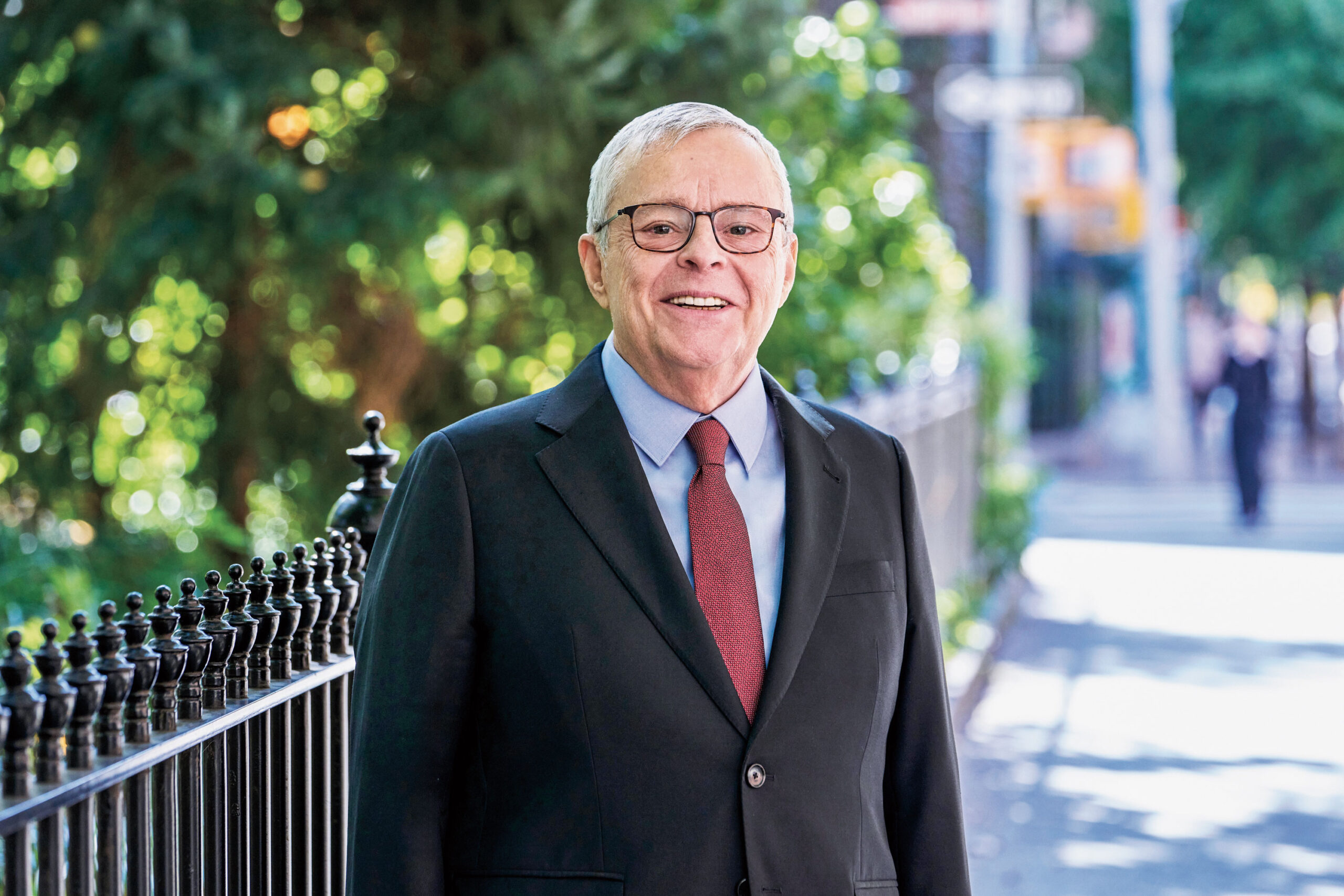
Sam Estreicher is the Dwight D. Opperman Professor of Public Law at NYU School of Law, where he directs the Center for Labor and Employment Law. He served as chief reporter of the Restatement of Employment Law (2015).
I link to an amicus curiae brief that was filed Friday in the Ninth Circuit appeal, Chamber of Commerce of the United States v. City of Seattle, No. 17-35640, with the help of Matthew J. Segel and Kymberly K. Evanson of the Pacifica Law Group. The brief offers an alternative ground for affirming the order of the District Court granting the City’s motion to dismiss: the availability of the 1914 Clayton Act’s labor antitrust immunity. The City’s Ordinance is limited to Uber and Lyft drivers who are not “employees” under the National Labor Relations Act (NLRA). Labor’s immunity, which precedes by two decades enactment of affirmative federal legislation like the 1935 NLRA and the 1938 Fair Labor Standards Act, is not based on coverage as statutory employees under these laws. Rather, it turns on whether the individuals seeking shelter under the Clayton Act are “workers” or “laborers”, best defined as individuals who are principally providers of their own services, without significant capital investment, for companies — in this case called “driver coordinators” like Uber and Lyft – who make the necessary business decisions. These coordinators, not the drivers, make the principal entrepreneurial decisions as to what to charge for the drivers’ services, what percentage of that charge goes to drivers’ compensation, and the manner in which services are to be provided. Although sometimes the Clayton immunity is referred to one for labor “acting alone,” the reference is to labor not acting in combination in business groups to cartelize non-labor markets, which is not present in this case. The fact that the City has enacted a framework for deciding who shall represent the drivers and resolving disputes over terms and conditions of the provision of their labor does not derogate from the labor-antitrust immunity of the drivers and their representative. The argument in the brief will be presented greater detail in an upcoming article.










Daily News & Commentary
Start your day with our roundup of the latest labor developments. See all
December 22
Worker-friendly legislation enacted in New York; UW Professor wins free speech case; Trucking company ordered to pay $23 million to Teamsters.
December 21
Argentine unions march against labor law reform; WNBA players vote to authorize a strike; and the NLRB prepares to clear its backlog.
December 19
Labor law professors file an amici curiae and the NLRB regains quorum.
December 18
New Jersey adopts disparate impact rules; Teamsters oppose railroad merger; court pauses more shutdown layoffs.
December 17
The TSA suspends a labor union representing 47,000 officers for a second time; the Trump administration seeks to recruit over 1,000 artificial intelligence experts to the federal workforce; and the New York Times reports on the tumultuous changes that U.S. labor relations has seen over the past year.
December 16
Second Circuit affirms dismissal of former collegiate athletes’ antitrust suit; UPS will invest $120 million in truck-unloading robots; Sharon Block argues there are reasons for optimism about labor’s future.